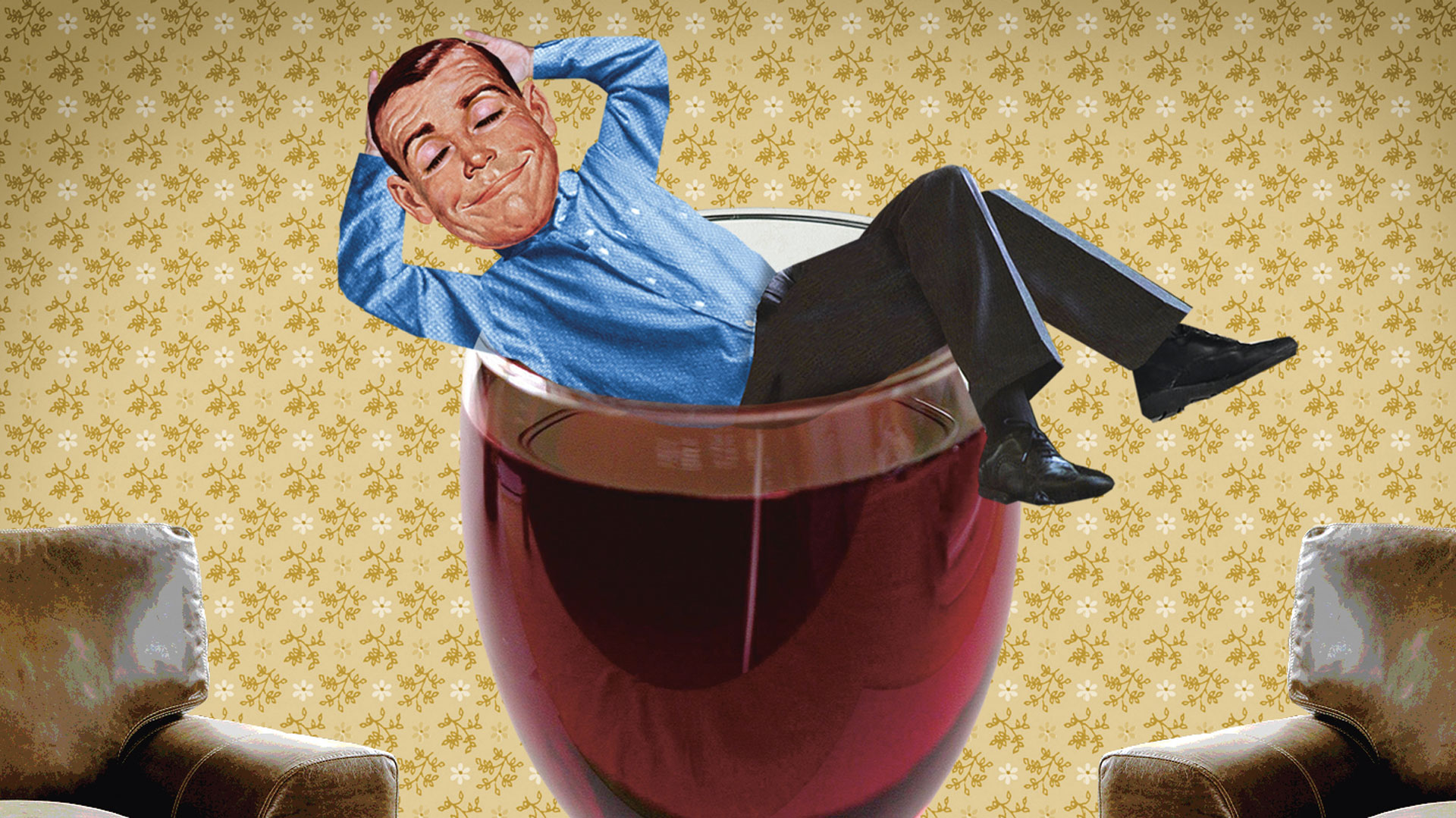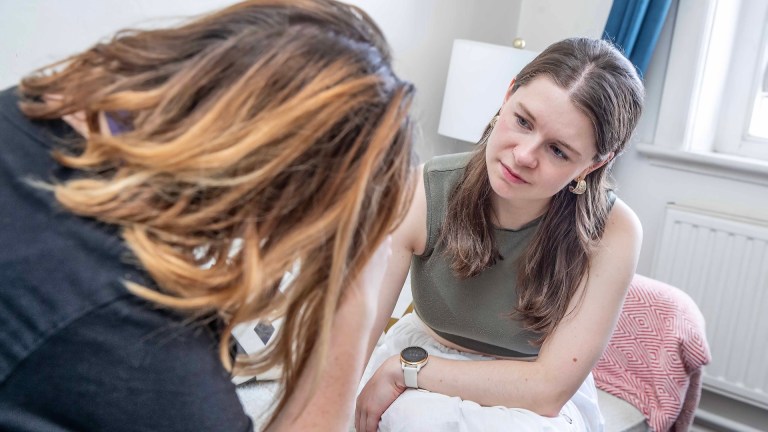It sounds too good to be true – but can wine lovers drink in the news or should they tell the press to put a cork in it?
Facts. Checked
It’s true – but before you upgrade the wine cellar on medical grounds, it is worth noting a few major caveats.
Firstly, it’s nothing to do with alcohol. The stories all stemmed from research led by the University at Buffalo’s research associate professor Ying Xu and professor Xiaoxing Yin of Xuzhou Medical University in China.
Their findings, which were published on July 15 in the journal Neuropharmacology, found that resveratrol can have antidepressant effects. The compound is found in the skin and seeds of grapes and berries.
The study revealed that the enzyme phosphodiesterase 4 (PDE4) could cause depression and anxiety-like behaviour when induced by corticosterone, which regulates the body’s response to stress.
However, PDE4 lowers a molecule that signals physiological changes – cyclic adenosine monophosphate – in the body, leading to physical alterations in the brain. But resveratrol inhibited the expression of PDE4 and academics believe that find could lay the groundwork for the use of resveratrol in antidepressants.
Introducing RORA Jobs and Training
Whether you’re in work, currently unemployed, or worried about your future job security, Big Issue RORA Jobs & Training is here to help. Search our latest jobs, register for alerts, browse training courses and find your next role today.
Find out moreThis is all well and good, but it should be noted that so far, these tests have been run on mice – a fact that was reported more widely in some publications than others.
For example, Mail Online reported that the mice were given the equivalent of up to 10mg of resveratrol per kilogram of their body weight and put into context how much that would be for a human – 350 glasses of red wine to get the dose of 700mg for a 70kg person.
In the Daily Star, the fact the study was on mice gets just a single cursory mention.
Also, The Sun’s headline infers a greater involvement with alcohol than this study really warranted.
Resveratrol just so happens to be in red wine and that is the key ingredient being tested here – but it can also be found in peanuts, pistachios, grapes, blueberries, cranberries, and even cocoa and dark chocolate.
On the whole, the reporting of this study was fair and accurate. But before opening a bottle to celebrate, remember that alcohol should be enjoyed in moderation. Addiction and the impact on mental health that often follows can have a devastating effect on lives.
So while this is an important study that could lead to crucial medical breakthroughs, don’t rush out to the off-licence to celebrate just yet.
Illustration: Miles Cole









